How Often Should You Service Your HVAC System? This fundamental question directly impacts your home’s comfort, energy efficiency, and long-term expenses. Determining how often you should service your HVAC system is key to longevity, with most experts recommending at least a yearly maintenance check, as regular upkeep directly impacts the overall hvac yearly maintenance cost and efficiency. Understanding how often should hvac be serviced helps you avoid costly emergency repairs and ensures optimal performance throughout the year.
To maintain peak performance and avoid unexpected breakdowns, understanding how often does HVAC need to be cleaned is critical; a proactive approach minimizes the need for premature replacement and unnecessary hvac service cost. In this comprehensive guide, we’ll explore professional maintenance schedules, cleaning frequencies, annual service necessity, replacement timelines, and practical maintenance checklists to keep your heating and cooling systems running flawlessly.
Understanding HVAC Maintenance Frequency
Your HVAC system represents a significant investment in home comfort, and proper maintenance scheduling protects that investment. Industry professionals consistently recommend biannual servicing—once before the cooling season begins in spring and once before heating season starts in fall. This twice-yearly approach ensures both your air conditioning and heating components receive attention before peak usage periods.
SANO HEATING LTD, a trusted Ontario HVAC contractor, emphasizes that regular maintenance visits allow technicians to identify minor issues before they escalate into expensive repairs requiring emergency hvac repair near me searches at inconvenient times. During these visits, professionals inspect critical components, test system performance, and make necessary adjustments that keep your unit operating efficiently.
The frequency recommendations vary slightly based on system type and usage patterns. Heat pumps, which work year-round providing both heating and cooling, benefit from quarterly inspections. Traditional split systems with separate heating and cooling components typically perform well with the standard biannual schedule. Homes with high usage, pets, or occupants with allergies may require more frequent attention to maintain indoor air quality and system efficiency.
How Often Should HVAC Be Serviced by Professionals?
Professional hvac maintenance ontario visits should occur at minimum once annually, though twice yearly remains the gold standard. Spring servicing prepares your cooling system for summer demands, while fall maintenance ensures your heating system handles winter temperatures effectively. This preventive approach significantly reduces the likelihood of mid-season breakdowns when you need your system most.
According to data from the U.S. Department of Energy, properly maintained HVAC systems operate 15-20% more efficiently than neglected units, directly reducing your utility bills. Regular professional servicing also extends equipment lifespan by several years, delaying the substantial expense of complete system replacement. These financial benefits far outweigh the modest hvac service cost of routine maintenance.
Professional technicians bring specialized tools and expertise that homeowners cannot replicate. They check refrigerant levels, test electrical connections, calibrate thermostats, inspect heat exchangers for cracks, clean condensate drains, and verify proper airflow throughout your system. These technical tasks require training and equipment beyond typical homeowner capabilities, making professional service an essential investment rather than an optional expense.
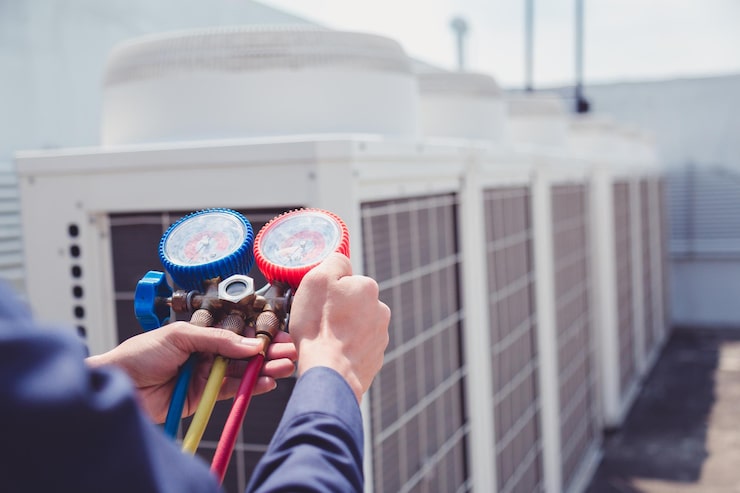
Optimal Timing for Seasonal HVAC Service
Scheduling your maintenance visits strategically maximizes system readiness. Air conditioning installation Ontario experts recommend servicing cooling systems in March or April, before the summer heat arrives and technicians’ schedules become overwhelmed with emergency calls. Similarly, furnace installation ontario professionals suggest heating system checks in September or October, ensuring winter preparedness.
Early scheduling offers multiple advantages beyond system readiness. Technicians have more availability during shoulder seasons, often completing more thorough inspections without the time pressure of peak-season demand. You’ll also avoid the premium rates some companies charge during emergency situations or peak seasons.
Also Read: Emergency Heating Repair in Ontario: What to Do When the Heat Stops
HVAC Yearly Maintenance Cost Considerations
Understanding hvac yearly maintenance cost helps you budget appropriately for this essential home maintenance. In Ontario, annual maintenance agreements typically range from $150 to $300 per year, covering both spring and fall visits. This investment proves remarkably cost-effective compared to emergency repairs, which frequently exceed $500 for a single incident.
Many reputable contractors, including SANO HEATING LTD, offer maintenance plans that provide additional value beyond basic service visits. These plans often include priority scheduling, discounted repair rates, extended warranties, and waived diagnostic fees. The peace of mind and financial protection these agreements provide makes them attractive options for homeowners seeking predictable expenses.
Breaking down the cost reveals exceptional value. For roughly $12-25 monthly, you receive professional inspections, system cleaning, performance optimization, and early problem detection. Compare this modest expense to replacing a complete HVAC system—typically $5,000 to $12,000—and the value proposition becomes crystal clear. Regular maintenance represents smart financial planning, not merely an operational expense.
Factors Affecting Your Maintenance Investment
Several variables influence your specific maintenance costs. System complexity plays a significant role; homes with multiple zones, advanced air filtration, or specialized equipment like geothermal systems require more extensive service. Geographic location matters too, with hvac repair ontario pricing varying between urban and rural areas.
Your system’s age and condition also impact service costs. Older units approaching the end of their operational lifespan may require more frequent attention and parts replacement. However, even aging systems benefit from regular maintenance, which can extend their functional years and delay the significant expense of replacement.
Is It Necessary to Service AC Every Year?
The crucial question of is it necessary to service AC every year is unequivocally answered by the need to ensure your central air unit operates efficiently and that the outside AC unit is clean and free of debris. Annual servicing isn’t merely recommended—it’s essential for optimal performance, energy efficiency, and system longevity.
Manufacturers typically require annual professional maintenance to keep warranties valid. Neglecting this requirement can void your warranty coverage, leaving you responsible for expensive repairs that would otherwise be covered. This warranty stipulation alone justifies the annual service investment, providing financial protection worth thousands of dollars.
Beyond warranty requirements, annual AC service addresses inevitable wear and tear. Throughout a cooling season, your air conditioner works continuously, accumulating dust, experiencing normal component degradation, and potentially developing minor issues. Professional technicians catch these problems early, performing adjustments that prevent complete system failure during the hottest days when you need cooling most desperately.
Research from the Air Conditioning Contractors of America (ACCA) demonstrates that systems receiving annual maintenance experience 95% fewer breakdowns than those serviced irregularly or not at all. This statistic powerfully illustrates the protective value of consistent professional attention.
What Happens During Annual AC Service?
Professional same-day ac repair ontario companies perform comprehensive inspections during annual visits. Technicians clean or replace air filters, inspect and clean evaporator and condenser coils, check refrigerant levels and pressures, test electrical connections and controls, lubricate moving parts, verify proper drainage, and measure system performance against manufacturer specifications.
This thorough approach identifies efficiency losses before they significantly impact your utility bills. Even minor refrigerant leaks or dirty coils can increase energy consumption by 20-30%, costing you substantially more throughout the cooling season. Annual service corrects these issues proactively, maintaining optimal efficiency and comfortable indoor temperatures.
Also Read: Why Is My AC Blowing Warm Air? Common Causes & Solutions
How Often Does HVAC Need to Be Cleaned?
How often does HVAC need to be cleaned depends on component specifics and environmental factors. Air filters require the most frequent attention—typically every 30-90 days depending on filter type, household occupancy, and pet presence. Condenser coils should be cleaned annually during professional service, while evaporator coils benefit from annual cleaning as well.
Ductwork cleaning recommendations vary considerably among industry professionals. The National Air Duct Cleaners Association (NADCA) suggests inspecting ducts every two years and cleaning when visible contamination exists. However, homes with pets, smokers, recent renovations, or occupants with respiratory conditions may benefit from more frequent duct cleaning—every 2-3 years rather than the general 5-7 year guideline.
Your outside AC unit requires regular attention to maintain efficiency. Outdoor units accumulate leaves, grass clippings, dirt, and other debris that restrict airflow and reduce cooling capacity. Homeowners should visually inspect outdoor units monthly during cooling season, clearing away obvious debris and ensuring adequate clearance—at least two feet on all sides. Professional cleaning during annual service removes accumulated grime from coil fins that homeowners cannot adequately address.
Filter Maintenance Impact on System Performance
Filter maintenance represents the most important task homeowners can perform between professional service visits. Clogged filters force your system to work harder, increasing energy consumption and stressing components. During peak seasons, checking filters monthly and replacing when dirty prevents numerous problems.
High-efficiency pleated filters typically last 60-90 days in average homes, while basic fiberglass filters may require monthly replacement. Homes with pets, multiple occupants, or during heavy pollen seasons need more frequent filter changes regardless of filter type. This simple maintenance task dramatically impacts system efficiency and indoor air quality.
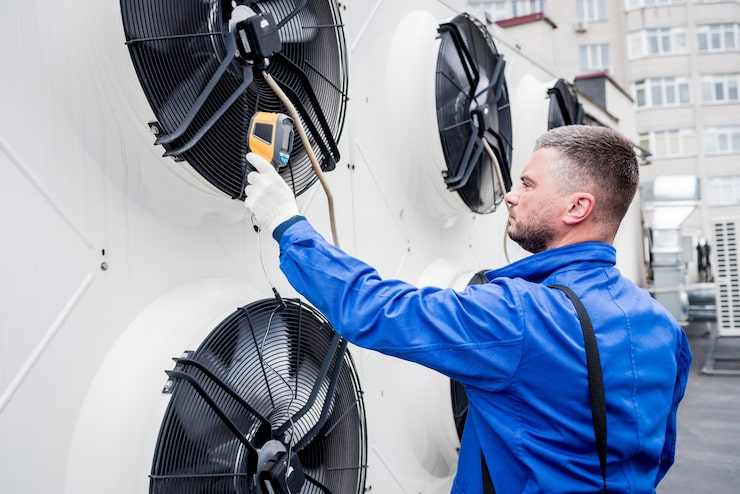
How Often Should HVAC Be Replaced?
Understanding how often should HVAC be replaced helps you plan financially for this inevitable expense. Most modern HVAC systems last 15-20 years with proper maintenance, though specific lifespans vary by component type and usage intensity. Furnaces typically last 15-20 years, air conditioners 12-15 years, and heat pump installation ontario specialists note that heat pumps usually require replacement after 10-15 years due to their year-round operation.
Several indicators suggest replacement timing. If your system requires frequent repairs—especially multiple service calls within a single year—replacement likely offers better long-term value than continued repair investments. Rising energy bills despite regular maintenance indicate declining efficiency that replacement resolves. Unusual noises, inconsistent temperatures throughout your home, or difficulty maintaining comfortable conditions all suggest your system approaches the end of its functional lifespan.
The “5,000 rule” provides a useful replacement guideline. Multiply your system’s age by the estimated repair cost; if the result exceeds $5,000, replacement typically makes more financial sense than repair. For example, if your 12-year-old system needs a $500 repair (12 x 500 = 6,000), replacement deserves serious consideration. SANO HEATING LTD technicians can help you evaluate whether repair or replacement offers the best value for your specific situation.
Modern System Advantages
Today’s HVAC technology offers substantial improvements over systems installed even 10-15 years ago. Current high-efficiency units provide significantly better energy performance, reducing utility costs by 20-40% compared to older models. Advanced features like variable-speed compressors, smart thermostats, and improved air filtration enhance comfort while minimizing environmental impact.
Energy Star certified systems meet strict efficiency guidelines set by the U.S. Environmental Protection Agency, often qualifying for utility rebates or tax credits that offset initial purchase costs. When considering air conditioning installation Ontario or furnace installation ontario, these efficiency improvements and financial incentives make replacement more attractive than repeatedly repairing aging equipment.
Air Conditioner Maintenance Checklist for Homeowners
Consulting an air conditioner maintenance checklist clarifies best practices for how often to service HVAC system, directly influencing the unit’s lifespan before needing to consider replacement. Homeowners can perform several important maintenance tasks between professional service visits, complementing rather than replacing professional care.
Monthly during cooling season:
- Check and replace air filters as needed
- Ensure outdoor unit remains clear of debris, vegetation, and obstructions
- Verify thermostat functionality and battery condition
- Listen for unusual sounds indicating potential problems
- Confirm proper airflow from all vents throughout your home
Seasonal tasks:
- Clean debris from outdoor unit exterior
- Inspect visible ductwork for disconnections or damage
- Check insulation on refrigerant lines for deterioration
- Test system startup after extended off-periods
- Schedule professional maintenance visits
Ongoing attention:
- Monitor energy bills for unexpected increases
- Note any changes in system performance or comfort levels
- Keep landscaping trimmed away from outdoor unit
- Maintain clear space around indoor air handler
- Document all service, repairs, and maintenance performed
This checklist helps you stay proactive, catching obvious issues early while maintaining optimal conditions for system performance. However, remember that these homeowner tasks supplement rather than replace professional service—technical aspects like refrigerant levels, electrical connections, and internal component condition require trained technician expertise.
Creating Your Personal Maintenance Schedule
Optimizing your home comfort and reducing long-term expenses depends on establishing a routine for how often should you service your home AC unit, guaranteeing maximum efficiency from your entire HVAC unit. Create a simple calendar reminder system for monthly filter checks and seasonal professional service appointments. Many homeowners find success setting recurring phone reminders or noting maintenance tasks on family calendars.
Consider photographing your air filter when new, making it easy to compare and determine when replacement becomes necessary. Keep a home maintenance log documenting all HVAC service, repairs, and filter changes—this documentation proves invaluable when selling your home, filing warranty claims, or diagnosing recurring issues with professional technicians.
Also Read: Should You Replace or Repair Your Furnace Before Winter
HVAC Service Cost vs. Long-Term Savings
Examining hvac service cost in context reveals its exceptional value proposition. While annual maintenance represents an upfront expense, the long-term savings dwarf this investment through multiple mechanisms. Improved efficiency directly reduces monthly utility bills—savings that accumulate significantly over years of operation. Fewer emergency repairs eliminate expensive service calls that typically cost 3-5 times more than routine maintenance.
According to the U.S. Department of Energy, neglected HVAC systems lose approximately 5% of their operating efficiency each year. This efficiency decline translates directly to higher energy costs. A system operating at 80% of its design efficiency consumes 25% more energy to achieve the same heating or cooling output. Regular maintenance prevents this efficiency degradation, keeping your system operating at peak performance.
Extended equipment lifespan represents perhaps the most significant long-term savings. Replacing an HVAC system costs thousands of dollars—an expense that proper maintenance delays by several years. If regular maintenance extends your system’s life from 12 to 18 years, you’ve effectively saved $8,000-10,000 while enjoying the additional six years of reliable service.
Calculating Your Return on Maintenance Investment
Consider a typical Ontario home with $150 annual heating costs and $100 annual cooling costs. A well-maintained system operating at peak efficiency versus a neglected system losing 5% efficiency yearly creates substantial cost differences. By year five, the neglected system costs approximately $75 more annually to operate—completely offsetting the maintenance investment while providing inferior comfort.
Factor in avoided emergency repairs—typically $400-800 per incident—and the financial case for regular maintenance becomes overwhelming. Most homeowners who skip regular maintenance eventually face expensive emergency service, uncomfortable breakdowns, and premature replacement costs that far exceed the modest investment in preventive care.
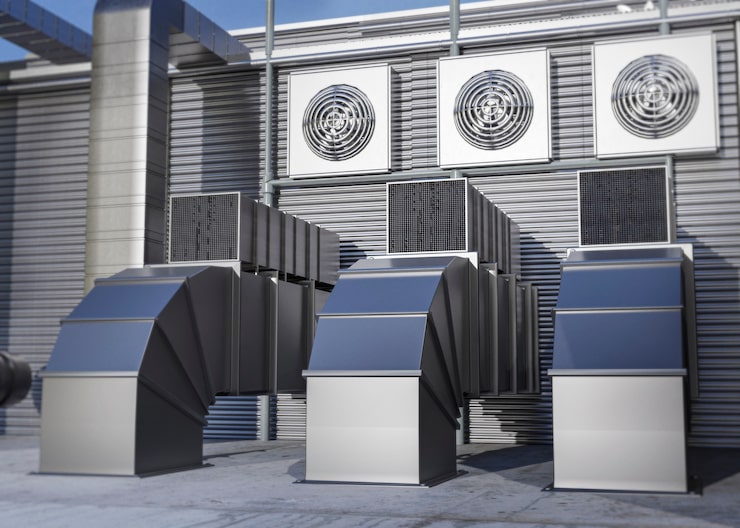
Professional vs. DIY HVAC Maintenance
Understanding the appropriate division between professional service and homeowner maintenance ensures optimal system care without unnecessary expense. Homeowners can and should handle simple tasks like filter changes, outdoor unit cleaning, and basic visual inspections. These tasks require no special tools or technical knowledge, making them perfect for DIY maintenance between professional visits.
However, technical tasks require professional expertise and specialized equipment. Refrigerant handling requires certification due to environmental regulations and safety concerns. Electrical system diagnostics demand proper training to avoid dangerous mistakes. Internal component cleaning and adjustment necessitate knowledge of proper procedures and specifications. Attempting these tasks without appropriate training risks personal injury, equipment damage, and voided warranties.
SANO HEATING LTD and other reputable Ontario HVAC contractors encourage appropriate homeowner maintenance while emphasizing the critical importance of regular professional service. This balanced approach maximizes system performance and longevity while controlling costs. Think of it like automobile maintenance—you check oil and tire pressure yourself, but you rely on professional mechanics for tune-ups, diagnostics, and complex repairs.
When to Call Professional Help
Certain situations demand immediate professional attention regardless of your scheduled maintenance timing. If your system fails to heat or cool adequately, makes unusual grinding or squealing noises, produces strange odors, cycles on and off rapidly, or displays error codes, contact a qualified technician immediately. These symptoms often indicate serious problems that worsen rapidly without professional intervention.
Similarly, if you notice ice formation on your AC unit, water leaking around your system, or significantly increased energy bills without usage changes, professional diagnosis becomes essential. Early professional attention to these warning signs prevents minor issues from escalating into system failures requiring extensive repairs or premature replacement.
Frequently Asked Questions
How often should you service your HVAC unit for optimal performance?
Service your HVAC unit twice yearly for optimal performance—once in spring before cooling season and once in fall before heating season begins. This biannual schedule ensures both heating and cooling components receive professional attention before peak usage. Heat pumps benefit from quarterly service due to year-round operation. Between professional visits, change filters every 30-90 days and keep outdoor units clear of debris.
What is included in typical HVAC yearly maintenance?
Professional HVAC yearly maintenance includes comprehensive system inspection, cleaning or replacing filters, checking refrigerant levels and pressures, inspecting electrical connections and controls, cleaning evaporator and condenser coils, testing thermostat accuracy, lubricating moving parts, checking condensate drain operation, measuring system performance, and identifying potential issues before they cause failures. Technicians also provide recommendations for repairs or adjustments needed to maintain optimal efficiency.
Can I service my HVAC system myself or do I need a professional?
You can perform basic maintenance like changing filters, clearing debris from outdoor units, and visual inspections. However, professional service remains essential for technical tasks requiring specialized tools, training, and certification. Refrigerant handling, electrical diagnostics, internal cleaning, and performance testing require professional expertise. Attempting complex maintenance yourself risks equipment damage, personal injury, and voided warranties. The best approach combines appropriate DIY care with regular professional service.
How much does HVAC service cost in Ontario?
HVAC service costs in Ontario typically range from $150-300 annually for maintenance agreements covering biannual visits. Single service calls usually cost $100-200 depending on system complexity and required work. Many contractors offer maintenance plans providing better value than individual service calls while including additional benefits like priority scheduling and discounted repairs. These modest costs prove extremely cost-effective compared to emergency repairs ($400-800+) or premature system replacement ($5,000-12,000).
How do I know when my HVAC system needs replacement instead of service?
Consider replacement when your system exceeds 15 years old and requires frequent repairs, struggles to maintain comfortable temperatures, produces unusually high energy bills despite maintenance, makes excessive noise, or needs repairs exceeding half the replacement cost. Apply the “5,000 rule”—multiply system age by repair cost; if the result exceeds $5,000, replacement likely offers better value. Modern efficient systems often pay for themselves through reduced energy costs over their lifespan.
Take Action for Year-Round Comfort
Understanding how often should you service your HVAC system empowers you to protect your investment, ensure reliable comfort, and control long-term costs. Regular professional maintenance isn’t an optional luxury—it’s essential care that prevents expensive emergencies, maximizes efficiency, and extends equipment lifespan significantly.
Don’t wait until your system fails during extreme weather when you need it most desperately. Contact SANO HEATING LTD today to schedule your professional maintenance visit or establish a comprehensive maintenance agreement. Our experienced technicians provide thorough service using industry best practices, ensuring your heating and cooling systems perform reliably throughout every season.
Visit SANO HEATING LTD or call now to experience the peace of mind that comes from knowing your HVAC system receives the expert care it deserves. Your comfort, your budget, and your home’s value all benefit from this smart investment in preventive maintenance.
Sources:
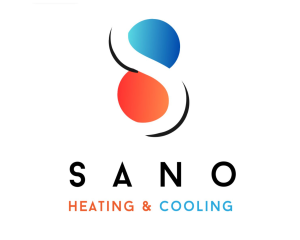
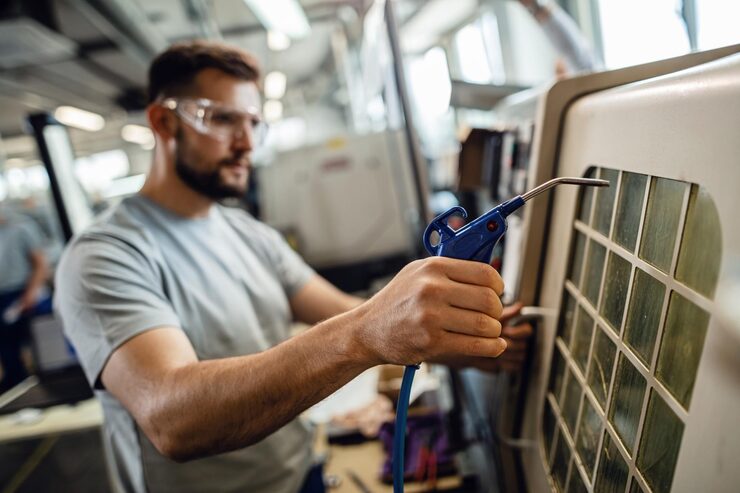
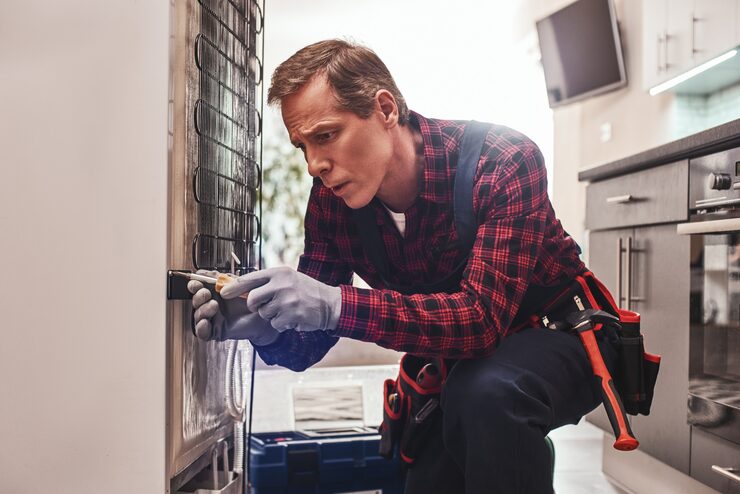
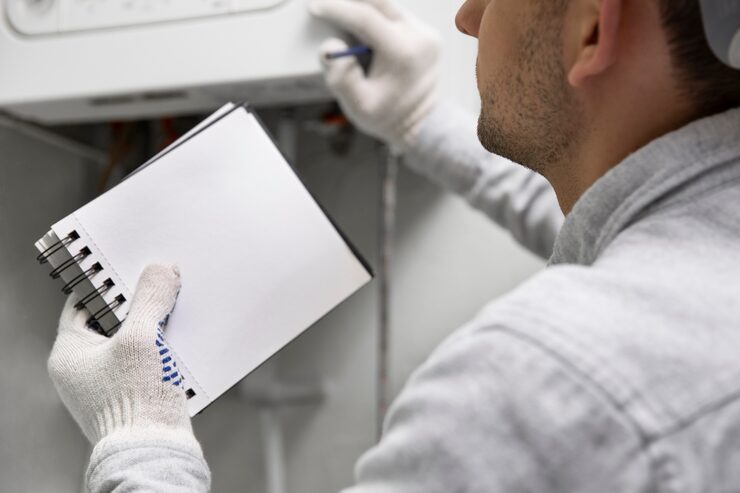
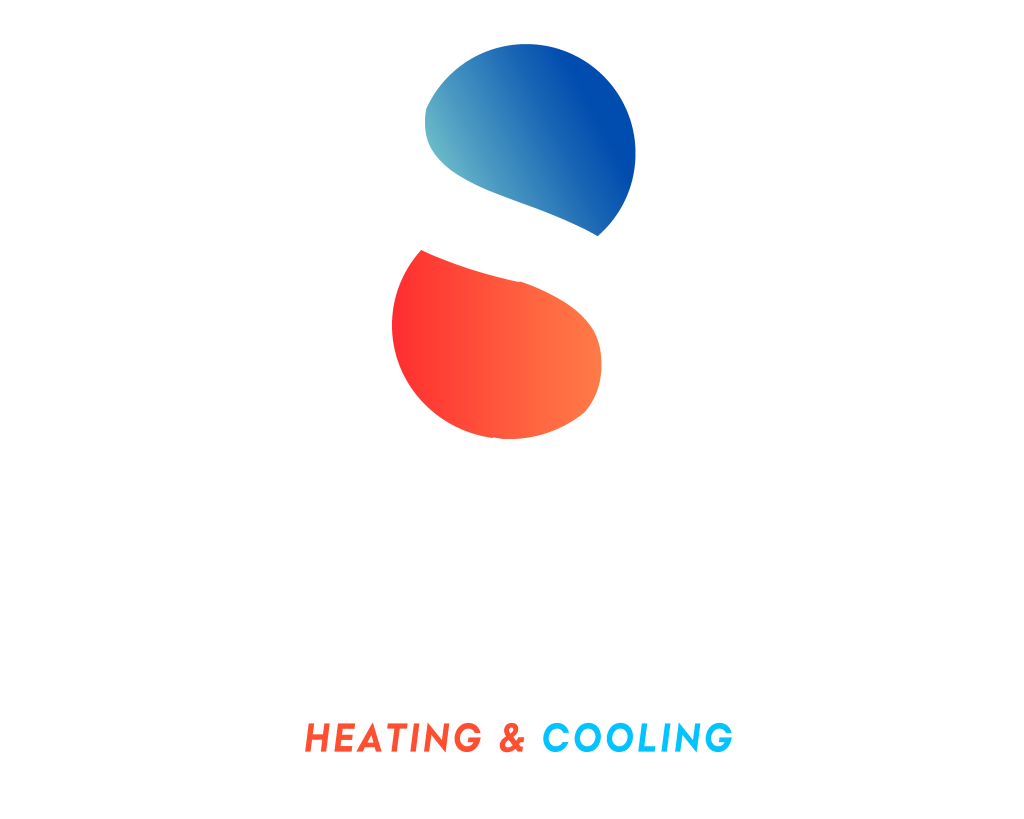
 by Canada Create Agency. All Roghts Reserved By SANO HEATING LTD.
by Canada Create Agency. All Roghts Reserved By SANO HEATING LTD.